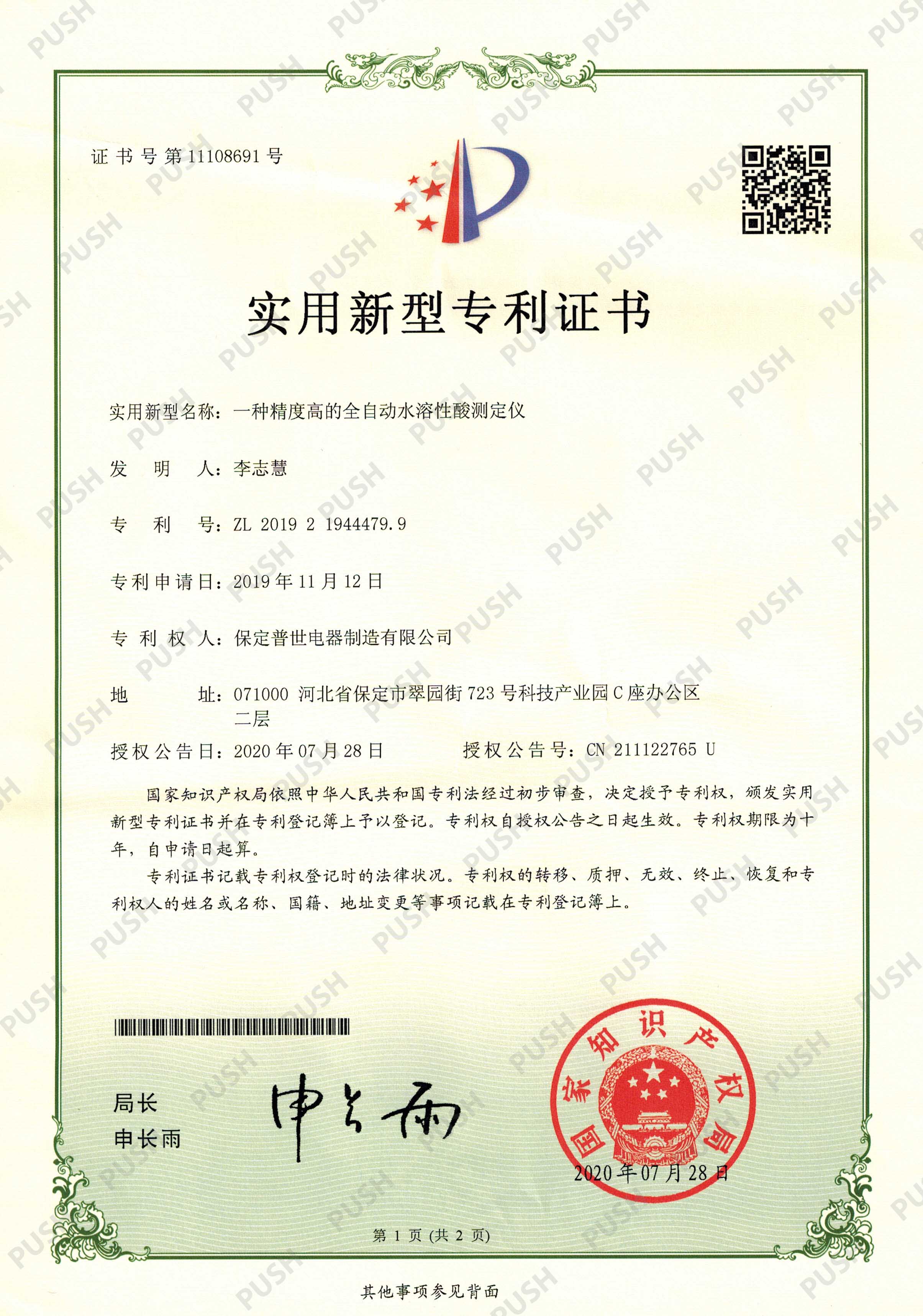 English
English



-
 Afrikaans
Afrikaans -
 Albanian
Albanian -
 Amharic
Amharic -
 Arabic
Arabic -
 Armenian
Armenian -
 Azerbaijani
Azerbaijani -
 Basque
Basque -
 Belarusian
Belarusian -
 Bengali
Bengali -
 Bosnian
Bosnian -
 Bulgarian
Bulgarian -
 Catalan
Catalan -
 Cebuano
Cebuano -
 China
China -
 China (Taiwan)
China (Taiwan) -
 Corsican
Corsican -
 Croatian
Croatian -
 Czech
Czech -
 Danish
Danish -
 Dutch
Dutch -
 English
English -
 Esperanto
Esperanto -
 Estonian
Estonian -
 Finnish
Finnish -
 French
French -
 Frisian
Frisian -
 Galician
Galician -
 Georgian
Georgian -
 German
German -
 Greek
Greek -
 Gujarati
Gujarati -
 Haitian Creole
Haitian Creole -
 hausa
hausa -
 hawaiian
hawaiian -
 Hebrew
Hebrew -
 Hindi
Hindi -
 Miao
Miao -
 Hungarian
Hungarian -
 Icelandic
Icelandic -
 igbo
igbo -
 Indonesian
Indonesian -
 irish
irish -
 Italian
Italian -
 Japanese
Japanese -
 Javanese
Javanese -
 Kannada
Kannada -
 kazakh
kazakh -
 Khmer
Khmer -
 Rwandese
Rwandese -
 Korean
Korean -
 Kurdish
Kurdish -
 Kyrgyz
Kyrgyz -
 Lao
Lao -
 Latin
Latin -
 Latvian
Latvian -
 Lithuanian
Lithuanian -
 Luxembourgish
Luxembourgish -
 Macedonian
Macedonian -
 Malgashi
Malgashi -
 Malay
Malay -
 Malayalam
Malayalam -
 Maltese
Maltese -
 Maori
Maori -
 Marathi
Marathi -
 Mongolian
Mongolian -
 Myanmar
Myanmar -
 Nepali
Nepali -
 Norwegian
Norwegian -
 Norwegian
Norwegian -
 Occitan
Occitan -
 Pashto
Pashto -
 Persian
Persian -
 Polish
Polish -
 Portuguese
Portuguese -
 Punjabi
Punjabi -
 Romanian
Romanian -
 Russian
Russian -
 Samoan
Samoan -
 Scottish Gaelic
Scottish Gaelic -
 Serbian
Serbian -
 Sesotho
Sesotho -
 Shona
Shona -
 Sindhi
Sindhi -
 Sinhala
Sinhala -
 Slovak
Slovak -
 Slovenian
Slovenian -
 Somali
Somali -
 Spanish
Spanish -
 Sundanese
Sundanese -
 Swahili
Swahili -
 Swedish
Swedish -
 Tagalog
Tagalog -
 Tajik
Tajik -
 Tamil
Tamil -
 Tatar
Tatar -
 Telugu
Telugu -
 Thai
Thai -
 Turkish
Turkish -
 Turkmen
Turkmen -
 Ukrainian
Ukrainian -
 Urdu
Urdu -
 Uighur
Uighur -
 Uzbek
Uzbek -
 Vietnamese
Vietnamese -
 Welsh
Welsh -
 Bantu
Bantu -
 Yiddish
Yiddish -
 Yoruba
Yoruba -
 Zulu
Zulu
gas chromatography gases
Gas Chromatography A Vital Technique for Analyzing Gases
Gas chromatography (GC) is a powerful analytical technique widely used in chemistry for separating and analyzing compounds that can be vaporized without decomposition. This method is especially valuable for gas analysis, making it a crucial tool in various fields, including environmental monitoring, pharmaceuticals, food quality control, and petrochemical industries.
At its core, gas chromatography operates on the principle of partitioning a mixture into its individual components based on their volatility and interaction with a stationary phase. The process begins with the introduction of a gaseous sample into a chromatograph. This sample is then vaporized and carried by an inert gas, called the mobile phase, typically helium or nitrogen, through a column containing a stationary phase. The stationary phase can be a liquid coating on a solid support or a solid material itself, which interacts differently with each component in the mixture.
Gas Chromatography A Vital Technique for Analyzing Gases
One of the most significant applications of gas chromatography is in environmental monitoring. For instance, it helps in analyzing air quality by detecting pollutants such as volatile organic compounds (VOCs), greenhouse gases, and other hazardous substances. The ability to identify trace levels of hazardous gases makes GC indispensable for regulatory compliance and health assessments.
gas chromatography gases

In the food industry, gas chromatography plays a vital role in ensuring product quality and safety. It is employed to detect flavors, fragrances, and preservatives in food products. Additionally, GC can be used for analyzing the composition of essential oils, ensuring that they meet specified quality standards. The versatility of GC extends to the analysis of aroma compounds in wines and other beverages, where it helps in characterizing their sensory properties.
Within the pharmaceutical field, gas chromatography is essential for quality control and the development of new drugs. It allows for the precise measurement of volatiles in drug formulations, ensuring proper dosages and effectiveness. GC is also used to analyze impurities and unreacted materials in pharmaceutical products, helping manufacturers meet strict regulatory requirements.
Moreover, the petrochemical industry relies heavily on gas chromatography for analyzing various gas mixtures and components of crude oil. By using GC, companies can determine the composition of natural gas and refine processes to optimize yield and efficiency.
In conclusion, gas chromatography is a crucial analytical technique that has transformed the way gases and volatile compounds are analyzed across various industries. Its ability to deliver precise, reliable, and rapid analysis makes it an invaluable tool for researchers and professionals alike. As technology advances, the capabilities of gas chromatography will continue to expand, paving the way for new discoveries and improvements in quality control, environmental protection, and many other applications.
-
Exploring the Main Types of Industrial Endoscopes and Their Applications Across IndustriesNewsJul.04,2025
-
Testing Equipment Industry Sees Major Advancements in 2025: Smart & Precision Technologies Lead the WayNewsJun.06,2025
-
Applications of Direct Current Generators in Renewable Energy SystemsNewsJun.05,2025
-
Hipot Tester Calibration and Accuracy GuidelinesNewsJun.05,2025
-
Digital Circuit Breaker Analyzer Features and BenefitsNewsJun.05,2025
-
Benefits of Real-Time Power Quality Monitoring Devices for Industrial EfficiencyNewsJun.05,2025



